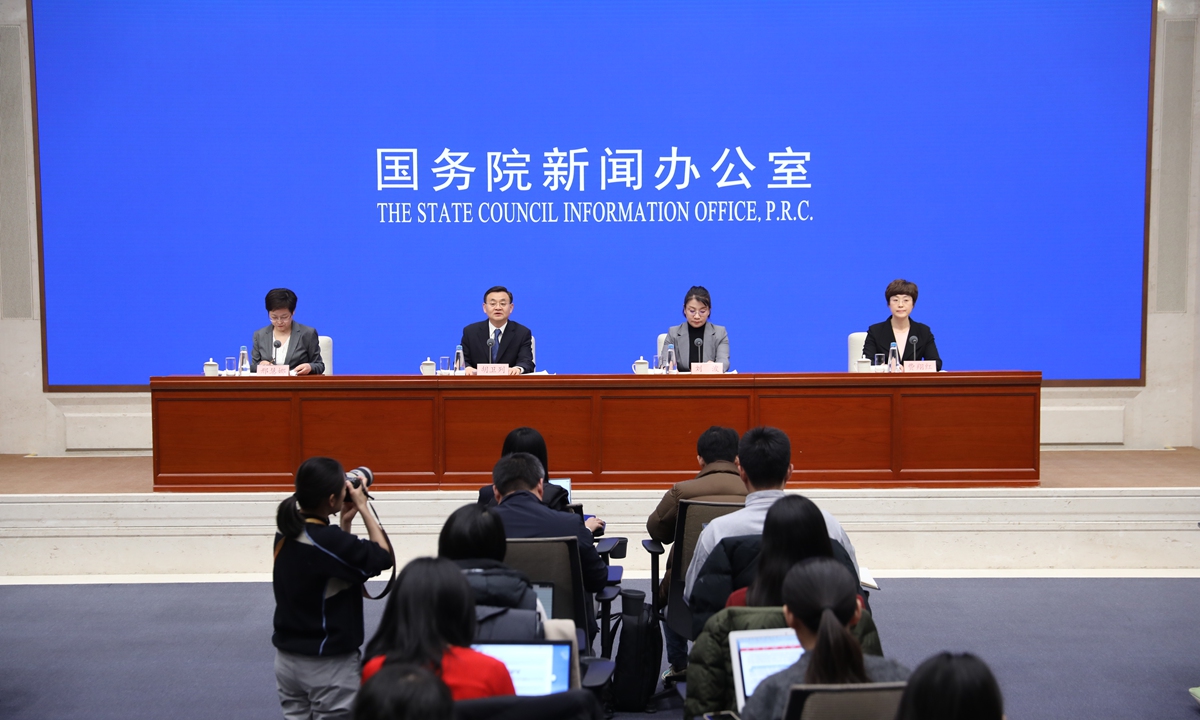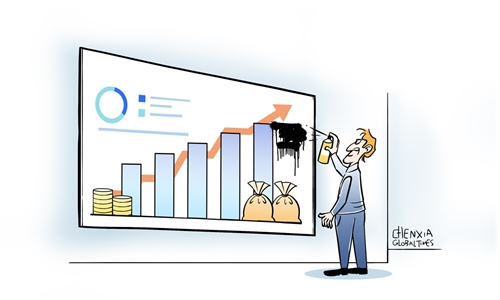New document to curb issues in administrative inspections of firms, foster better business environment: Chinese official

Chinese officials attend a press conference at the State Council Information Office in Beijing to introduce a newly issued document aimed at strictly regulating administrative inspections of companies on January 7, 2025. Photo: VCG
The State Council Information Office held a press conference on Tuesday to introduce a newly issued document aimed at strictly regulating administrative inspections of companies, with a senior official saying that the document aims to address prominent issues in such inspections and foster a more business-friendly environment.
The General Office of the State Council has issued a document on strictly regulating administrative inspections on companies, aiming to curb arbitrary inspections and effectively ease the burdens on companies, the Xinhua News Agency reported on Friday.
Administrative inspections play a key role in ensuring companies to comply with laws and regulations, preventing and rectifying illegal behavior, and the document's primary goal is to curb prominent issues in such inspections and foster a supportive environment for business development, Vice Minister of Justice Hu Weilie said at the press conference on Tuesday.
According to the document, profit-driven and indiscriminate administrative inspections should be prevented to better regulate the manner in which inspections are carried out. By the end of June 2025, relevant State Council departments shall have established an inspection system that covers different levels and categories, and the existing standards for administrative inspections shall be made public, according to the document.
By the end of this year, a mechanism for assisting administrative inspections in other locations should be well established, and relevant rules need to be made clear, the document added.
The document's implementation marks a step forward in balancing effective oversight with a pro-growth business environment, which is crucial for fostering the private economy and supporting market reforms, according to Cong Yi, a professor at the Tianjin School of Administration.
The document will address irregularities in enforcement practices, enhance the business climate, and support small and medium-sized enterprises, Cong told the Global Times on Tuesday.
The document's principles align with the draft law on private sector promotion, aiming to help foster a market-oriented and law-based business environment, Cong said.
However, in areas that are of great public concern and closely related to people's vital interests, such as food and drug safety and production safety, inspections must not only be conducted but must also be thorough and effective, Hu noted.
"By conducting effective inspections, we can ensure the practical protection of public health and safety," Hu added.
Additionally, the document emphasizes leveraging digital technologies during inspections. It advocates the use of artificial intelligence and big data for statistical analysis and encourages feedback collection through information systems to address critical concerns raised by businesses.
In the digital era, traditional management methods face new challenges, many of which can be resolved through technological and information-based solutions, Liu Bo, a senior official of the Ministry of Justice, said at the press conference on Tuesday.
Many regions have already explored unified enforcement supervision platforms, using digital tools to standardize administrative inspections. These efforts have yielded positive results, Liu noted, adding that the use of smart technologies and big data not only boosts regulatory efficiency but also enhances its effectiveness.



